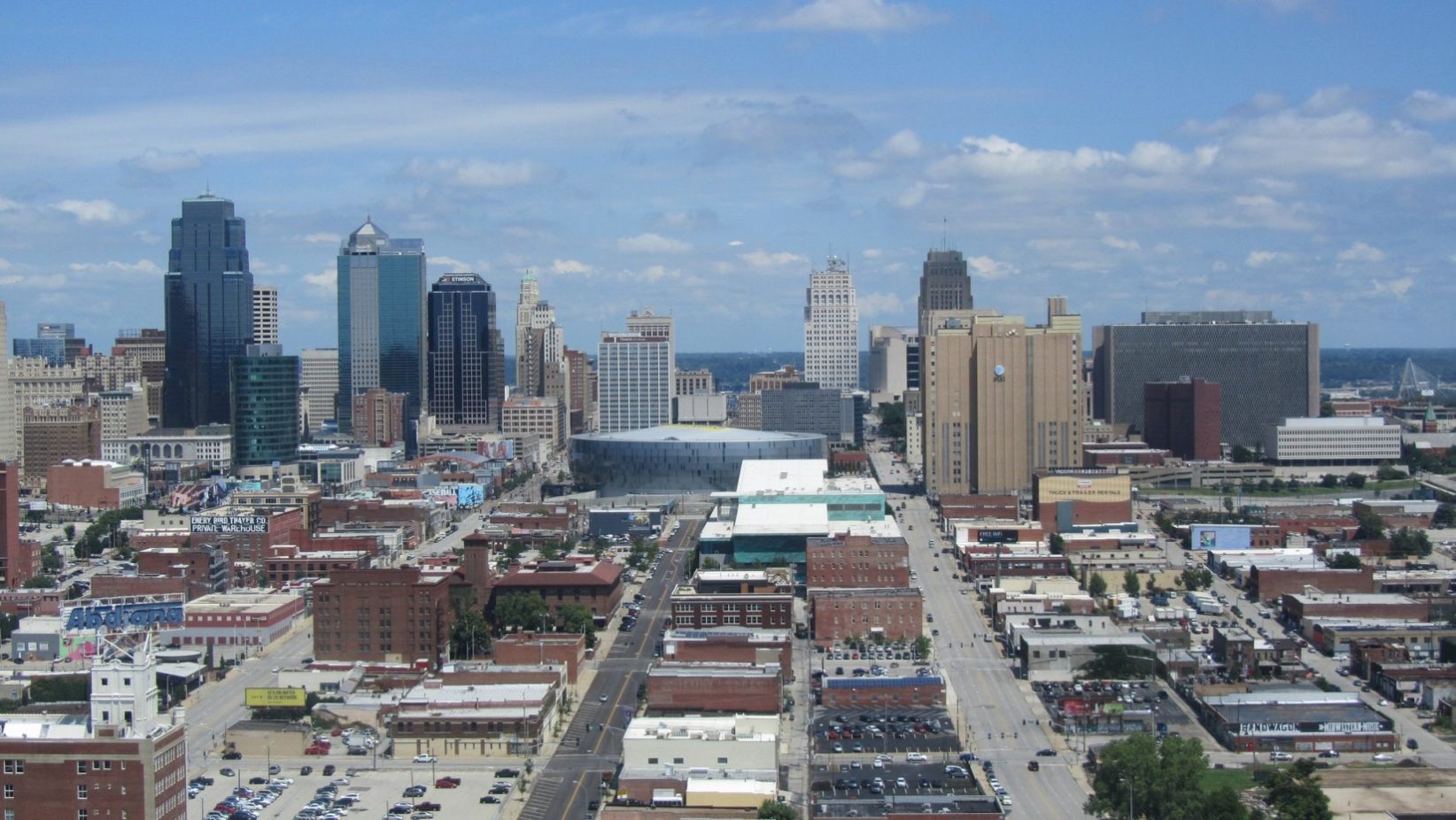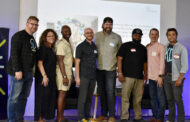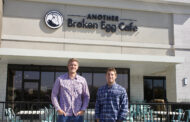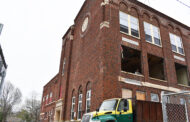Since the arrival of Google Fiber in 2012, Kansas City has been buzzing with excitement about gigabit internet and how it can benefit citizens.
Gigabit-fast speeds are convenient for individuals and businesses alike, but one question has remained unanswered: how does a community — especially one trying to build a smart city — take advantage of the opportunity?
Finding that answer has become more complicated, because it turns out Google Fiber isn’t quite enough without more advanced infrastructure.
Aaron Deacon, managing director of KC Digital Drive, announced Tuesday that the city will be a pioneer in creating foundational smart city infrastructure called Digital Town Square.
He told community members that the arrival of the hardware will allow some of that gigabit potential to finally come to fruition for Kansas Citians, adding that innovation requires both sociology and technology.
“It’s kind of like what comes first, the chicken or the egg?” Deacon said. “We’ve kind of transitioned to ‘oh well, it’s not really the fiber that makes a difference, it’s the community.’ Which is true in a lot of ways, but we have to think about how to use the hard assets we do have and do meaningful things with them.”
This undertaking is part of KC Digital Drive’s collaboration with US Ignite’s Smart Gigabit Communities program, which is funded by the National Science Foundation and is a part of the White House’s Smart Cities Initiative. The program made its debut this June and will create a web of 15 gigabit communities, which will include Kansas City.
[pullquote]“This infrastructure will allow for the next-generation gigabit applications. While we create the infrastructure, we’ll need the community’s help to come up with the applications.”- Jonathan Wagner[/pullquote]The specialized hardware will eliminate the delays associated with existing infrastructure. Current users of Google Fiber may experience gigabit-fast speeds, but will often deal with lag time — something any user of video conferencing can attest to. Technology like driverless cars, smart city traffic lights and other high-bandwidth applications cannot safely operate on a time delay.
Jonathan Wagner, founder of Big Bang and the tech lead for Digital Town Square, said that the hardware will be the first of its kind. He added that the user has no control over where network traffic flows and that while connection operates at the speed of light, physical distance matters.
“This infrastructure will allow for the next-generation gigabit applications,” said Wagner. “While we create the infrastructure, we’ll need the community’s help to come up with the applications.”
As the first of the 15 gigabit cities — and the first in the nation — to debut the hardware, city officials hope that the infrastructure will enable Kansas City to become a testbed for true gigabit-powered applications.
Aside from the infrastructure, each smart gigabit community has committed to developing at least two gigabit applications or public services that provide technology solutions to civic problems. After testing, applications will then be scaled and shared with the other smart gigabit communities.
US Ignite executive director Bill Wallace and national community coordinator Nishal Mohan were brought in through video chat — which experienced significant lag — to participate in the community conversation.
“We are thrilled,” Wallace said to the conference room. “The innovation ecosystem that you all have created in Kansas City is fantastic, and you’ve got a lot of people who are identifying needs and developing network capabilities.”
The project is set to be completed within the next few months.
Until then, KC Digital Drive will be implementing an activity plan to build community engagement through workshops, hackathons and restoring the 1 Billion Bits program.








































